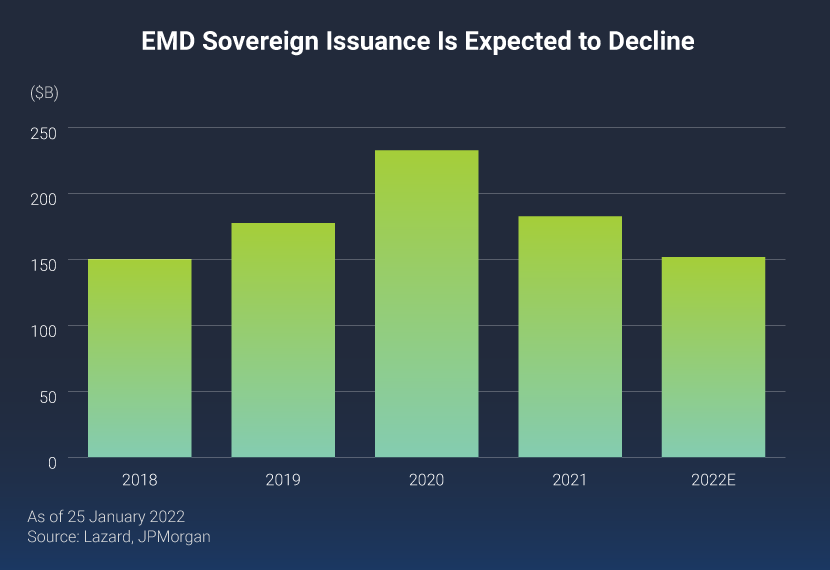Brazil companies downsize packages, lower quality amid inflation surge
More and more companies have reduced the size of packaging and changing the composition of products to pass on the increase in costs to the final consumer, the Brazilian Institute for Consumer Protection, IDEC, stated.
This is not the first time it happens, IDEC Coordinator Ione Amorim pointed out. In the past two years, high inflation in Brazil has led more and more manufacturers to adopt the practice across a number of sectors. “Today, the way this is being done has gained considerably more ground,” she pointed out.
The country’s Broad Consumer Price Index (IPCA), which serves to set Brazil’s official inflation, is up 11.73 percent in May from 12 months prior. From May 2020 to May this year, the inflation gauged by the index stands at 20.27 percent.
Shrinkflation
The widespread practice of downsizing packaging and slashing the amount sold has been termed shrinkflation. Both product quantity and quality are affected, but the price is not—or not proportionately. This is how companies seek to evade the wear and tear of price hikes.
Amorim notes that an ordinance from the National Secretariat for Consumer Defense regulates changes in the size and quantity of products sold in the packaging, defining that changes must be announced conspicuously on labels for 180 days.
However, manufacturers have been using strategies based on consumers’ lack of attention, the economist argued. “To circumvent this requirement, companies are launching parallel packages,” she reported.
In other words, the same product is sold in two very similar packages, but in one of them the amount is lower than the original. “Some of the olive oil packages traditionally bottled in 500 ml [milliliter] bottles are now showing 400 ml. So you have to be careful choosing the packaging, as they can be nearly identical,” she warned.
To help consumers compare prices, Amorim recommends checking the price per unit of measurement, like liter, kilogram, or meter. “Article 6 of [Brazil’s] Consumer Defense Code requires price per unit of measurement—kilogram, liter, or meter—be placed on shelves so that consumers can make the appropriate associations regarding the product on offer,” she explained.
Amorim also alerted that some companies are changing the composition of the products. A number of manufacturers, she said, have cut the percentage of raw materials and replaced them with ultra-processed compounds. This can be seen among juice brands, which no longer have the minimum percentage of fruit to become nectar; chocolate, which reduce the required amount of cocoa; and condensed milk, which no longer have milk in its composition. “These products, besides having changes in their composition, have their costs slashed, as products are made worse and their price are kept the same,” the economist remarked.





















